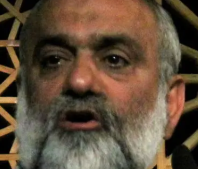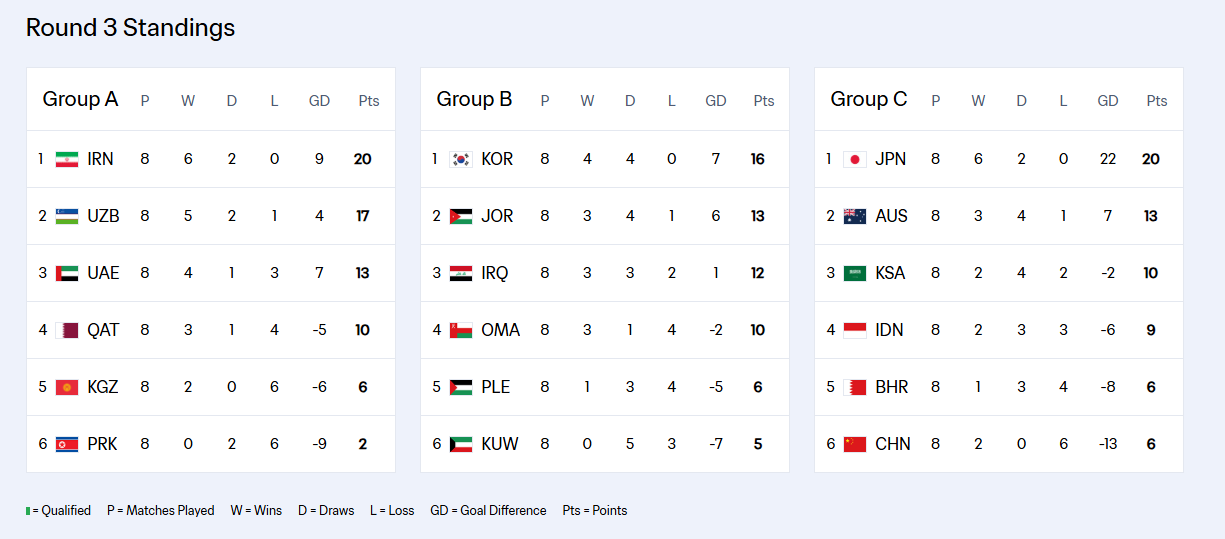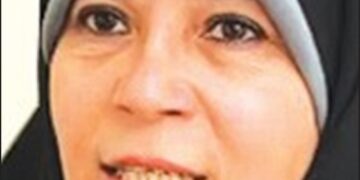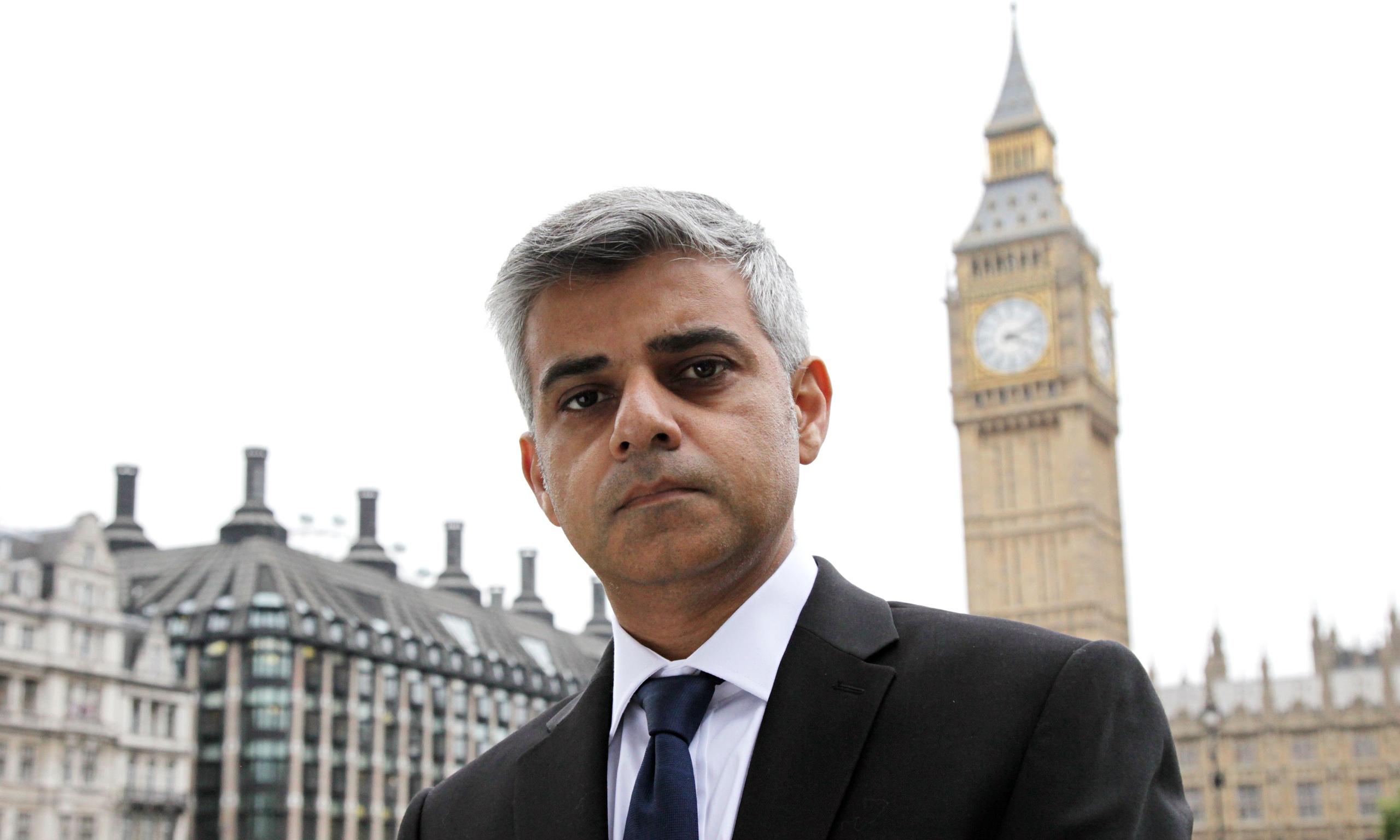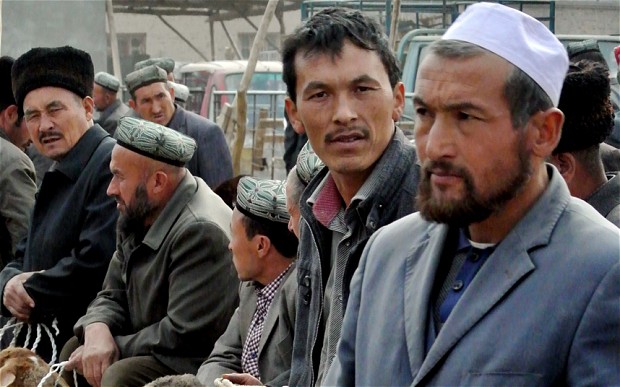May 13, 2016
Jews, Zoroastrians, ethnic Christians hit less than Sunnis
The latest review of religious freedom around the world, conducted by a commission created by the US Congress, says all religious minorities in Iran experienced some repression last year, with Jews, ethnic Christians and Zoroastrians suffering the least.
It said the standings of religious minorities “continued to deteriorate” last year and indicated that Muslim minorities—Sunnis, Sufis and dissident Shiites—were repressed more than Jews, ethnic Christians and Zoroastrians.
The report is the product of the United States Commission on International Religious Freedom, whose nine members are appointed by the leaders of the House and Senate and the president, but whose work is written independently of the government, unlike the annual human rights reports, which are written by State Department staff.
The commission recommended that the president once again designate Iran and eight other countries as “countries of particular concern:” Burma, China, Eritrea, North Korea, Saudi Arabia, Sudan, Turk-menistan, and Uzbekistan. And it asked that eight others be added to the list: Central African Republic, Egypt, Iraq, Nigeria, Pakistan, Syria, Tajikistan and Vietnam. Ten of the 17 are majority Muslim.
The commission did not rank countries on their repressiveness, but it said Saudi Arabia “remains uniquely repressive.” It said the regime “privileges its own interpretation of Sunni Islam over all other interpretations and … [the] authorities continue to repress and discriminate against dissident clerics and members of the Shia community who criticize the government and call for equal rights.”
In its five-page report on Iran, the commission summarized: “Religious freedom conditions continued to deteriorate over the past year, particularly for religious minorities, especially Baha’is, Christian converts, and Sunni Muslims. Sufi Muslims and dissenting Shia Muslims also faced harassment, arrests, and imprisonment.
It said, “While Iran’s clerical establishment continued to express anti-Semitic sentiments, the level of anti-Semitic rhetoric from government officials has diminished in recent years.”
It added: “Even some of the constitutionally-recognized non-Muslim minorities – Jews, Armenian and Assyrian Christians, and Zoroastrians – face harassment, intimidation, discrimination, arrests, and imprisonment. Some majority Shia and minority Sunni Muslims, including clerics who dissent, were intimidated, harassed, and detained.”
Regarding Muslims, the report said: “Some 150 Sunni Muslims are in prison on charges related to their beliefs and religious activities…. More than 30 Sunnis are on death row after having been convicted of “enmity against God” in unfair judicial proceedings…. Iranian authorities have destroyed Sunni religious literature and mosques in eastern Iran. Iran’s government also continued to harass and arrest members of the Sufi Muslim community, including prominent leaders from the Nematollahi Gonabadi Order.”
With regard to Baha’is, the report said, “Since 1979, authorities have killed or executed more than 200 Baha’i leaders, and more than 10,000 have been dismissed from government and university jobs. Although the Iranian government maintains publicly that Baha’is are free to attend university, the de facto policy of preventing Baha’is from obtaining higher education remains in effect. Over the past 10 years, approximately 850 Baha’is have been arbitrarily arrested. As of February 2016, at least 80 Baha’is were being held in prison solely because of their religious beliefs….
“Many Baha’i youth who scored very high on standardized tests were either denied entry into university or expelled during the academic year once their religious identity became known to education officials.”
Turning to Evangelical Christians and Christian converts, the report said, “Since 2010, authorities arbitrarily arrested and detained more than 550 Christians throughout the country. As of February 2016, approximately 90 Christians were either in prison, detained, or awaiting trial because of their religious beliefs and activitiesÖ.
“During the reporting period, human rights groups inside Iran reported a significant increase in the number of physical assaults and beatings of Christians in prison. Some activists believe the assaults, which have been directed against converts who are leaders of underground house churches, are meant to intimidate others who may wish to convert to Christianity.”
It said little about the ethnic-based Christian communities, the Armenians, Chaldeans and Assyrians.
On the Jewish and Zoroastrian communities, the report said: “Although not as pronounced as in previous years, the government continued to propagate anti-Semitism and target members of the Jewish community on the basis of real or perceived ‘ties to Israel.’ In 2015, high-level clerics continued to make anti-Semitic remarks in mosques. Numerous programs broadcast on state-run television advance anti-Semitic messages. Official discrimination against Jews continues to be pervasive, fostering a threatening atmosphere for the Jewish community. In a positive development, the government no longer requires Jewish students to attend classes on the Sabbath.
“In recent years, members of the Zoroastrian community have come under increasing repression and discrimination. At least four Zoroastrians [who] were convicted in 2011 for propaganda of their faith, blasphemy, and other trumped-up charges remain in prison.”
The report noted that the United States has sanctioned 19 Iranian officials and 18 Iranian entities for human rights violations. The sanctions freeze any of their assets in the United States and bar the issuance of US visas to them. The commission recommended that the US government identify other human rights violators and sanction them as well.


